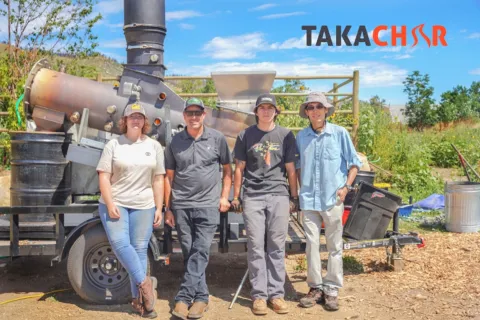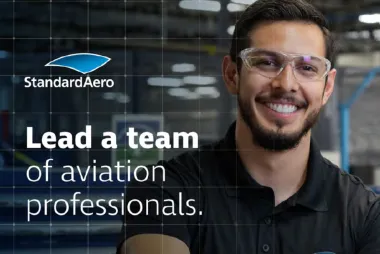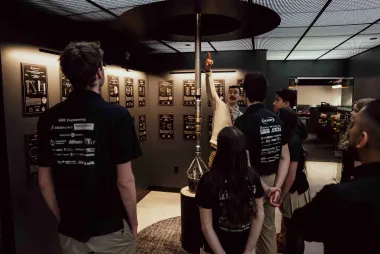In this employer spotlight, we spoke with Kevin Kung, Co-Founder and CTO of Takachar. Takachar is a climate-focused startup that creates portable machines to convert crop waste into valuable products like fuel and fertilizer, helping reduce the impacts of climate change and support livelihoods in rural communities.

What does your company do?
Takachar helps reduce the impacts of climate change. We have created a small-scale, low-cost, portable machine that can be loaded into the back of tractors and deployed to farms turning crop waste into sellable bioproducts like fuel and fertilizer. Our innovative cost-effective system broadens smallholder farmers' livelihood and business prospects with the generation of additional income through selling these on-demand bioproducts on the market.
The impact? Income and job creation in rural areas, mitigation of CO2 emission and air pollution as well as improved vegetation management mitigating the risks of catastrophic wildfires.
What is the culture like at your organization, and how do you support the professional growth of your employees and co-op students?
As a small start-up company, our organizational structure is pretty flat. This means that the co-op student has direct access to everyone in the company all the way to the Chief Executive Officer and can hear about the career pathways and receive guidance of the various people in different roles. The international nature of our project means that many co-op students routinely collaborate closely with our colleagues in other parts of the world. As enshrined on our website, some of the things we value include being empathetic, doing right in everything, and taking ownership. These are skills our employees will learn and we hope to train a new cadre of cleantech workforce fluent in closely interacting with customers and various stakeholders in a user-centric manner, whether they work with us or with other companies.
What qualities or skills do you look for when hiring a co-op student?
As our position is entry-level, no specific qualities or skills are required per se beyond being curious to engage/learn and being detail-oriented. That said, given that our positions often take place outdoors in rural communities with limited resources, and are not typical office or laboratory jobs, we try our best to communicate this expectation during the hiring process.
How do UBC co-op students contribute to your organization? Can you provide examples of the kinds of projects they work on or successes they’ve achieved?
Co-op students form the backbone of our research and development (R&D) efforts. R&D in our company is a gradual moving away from academic work to industrial applications, and as such, many students find the work to be halfway between what they might find in a university research project and a real-world engineering project, and they are encouraged to bring their own views/ideas to the position as an independently owned, side project. As an example, a mechanically oriented co-op student might notice during the operation that the biomass feeding hopper did not work efficiently, and helped design and implement a more streamlined hopper component. A data-driven co-op student might become fascinated with the data we are collecting and collaborate with our data science team and contributed to the codes that automate the data upload to our carbon registry. And an electrically oriented co-op student might take our current controller and improve its functionality.
What advice do you have for students interested in working at your organization?
Our application process is on a rolling basis. That is, we will start the evaluation and interview process as soon as a new application lands on our desk, and will close the posting when all positions have been filled. Therefore, the sooner you express interest (even if you're not completely sure about the position), the better we can answer your questions and discuss a mutual fit.


